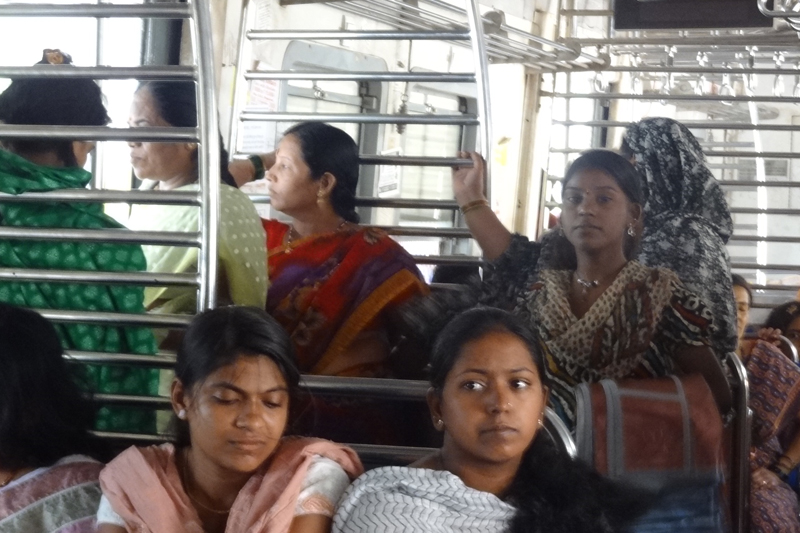GENDER AND SPACE PROJECT

Partners: The Indo-Dutch Program on Alternatives in Development
The Gendered Spaces Project focused on gender as a category to examine the ordering and
experience of the city and its varied spaces, particularly public space. Feminist scholarship has demonstrated in many different cultural contexts that one of the key features controlling women's access to space in modem societies is the belief that women and their bodies are firmly located in the private space of the home, as property of the family / community / State (of men). Women's very presence in public spaces then constitutes an act of transgression. This study explored the ways in which public spaces are perceived, experienced and interpreted by both men and women, but in particular by women.
Public space are largely but not exclusively buses, trains, parks, maidans (open grounds), footpaths, subways, bazaars, restaurants and theatres. The project addressed concerns related to gendered spaces in relation to the state, the market, cultural norms and practices, right-wing ideologies, and finally, in relation to the aesthetics of urban public space architecture and the visions of urban planners for the bodies of cities.
A planned film about the use of public toilets titled Q2P was an important tool for making public the normally invisible issues surrounding the use of public facilities by women, and particularly the sharp class differences involved.
At a macro-level, this was a response to the ways in which public spaces are visualized and developed through various ideologies, cultural practices and narratives. In the last decade, in the context of issues related to gender, the voices that have made themselves heard and seen include those of the market and the Hindu Right. Through this research, the authors developed a strong counter voices to these, engaging with the ideologies and narratives of both, and questioning their taken-for-grant-endness by placing the female user of public space at the centre of the dialogue. Based on this research, a book was published in 2011 by Penguin India, titled "Why Loiter?"


